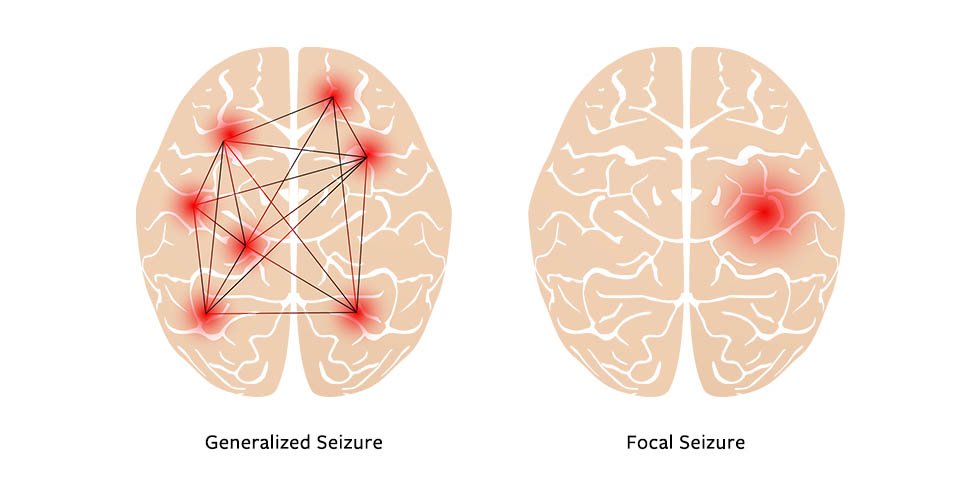
A seizure is a sudden, uncontrolled electrical disturbance in the brain. It can cause changes in behavior, movements, and feelings. Seizures can be caused by a variety of factors, including epilepsy, head injuries, and infections.
Types of Seizures
There are two main types of seizures:
Focal seizures
These seizures start in one part of the brain and can cause changes in behavior, movements, and feelings.
Generalized seizures
These seizures affect the entire brain and can cause loss of consciousness, convulsions, and other symptoms.

Causes of Seizures
Seizures can be caused by a variety of factors, including:
Epilepsy
Epilepsy is a condition that causes seizures. It can be caused by a variety of factors, including genetics, brain injuries, and infections.
Head injuries
Head injuries can cause seizures, especially if they damage the brain.
Infections
Infections such as meningitis can cause seizures.
Brain tumors
Brain tumors can cause seizures, especially if they press on the brain.
Medications
Some medications can cause seizures as a side effect.
Symptoms of Seizures
Symptoms of seizures can include:
- Loss of consciousness
- Convulsions
- Blinking eyes
- Staring spells
- Confusion
- Jerking movements
- Lip smacking
- Fainting
- Frothy saliva
- A sudden sense of fear or anxiety
Treatment of Seizures
Treatment for seizures depends on the underlying cause. Medications can be used to prevent seizures in people with epilepsy. Other treatments may include surgery to remove brain tumors or other abnormalities, and antibiotics to treat infections.
Prevention of Seizures
Seizures can often be prevented by:
- Taking medications as prescribed
- Getting enough sleep
- Avoiding alcohol and drugs
- Managing stress
- Wearing a helmet during activities that could cause head injuries
Conclusion
Seizures are sudden, uncontrolled electrical disturbances in the brain. They can be caused by a variety of factors, including epilepsy, head injuries, and infections. Symptoms of seizures can include loss of consciousness, convulsions, staring spells, confusion, jerking movements, lip smacking, fainting, and a sudden sense of fear or anxiety. Treatment for seizures depends on the underlying cause, and prevention can include taking medications as prescribed, getting enough sleep, avoiding alcohol and drugs, managing stress, and wearing a helmet during activities that could cause head injuries.
